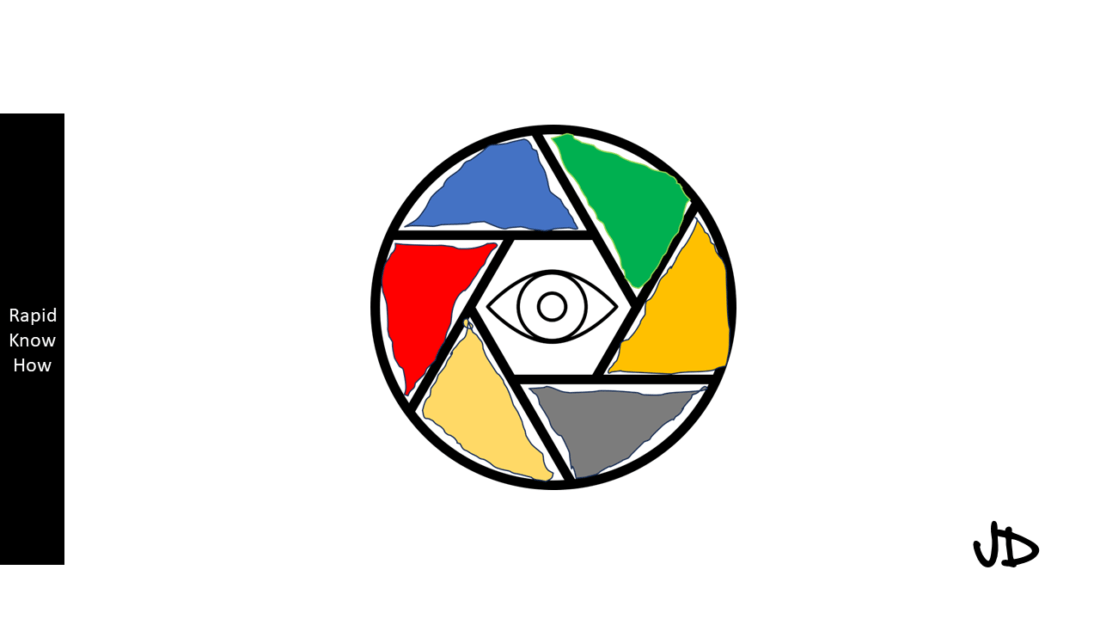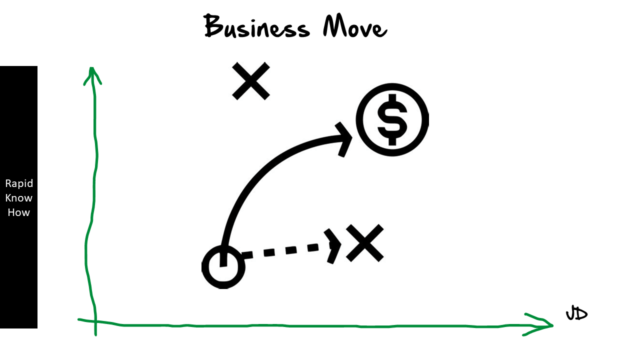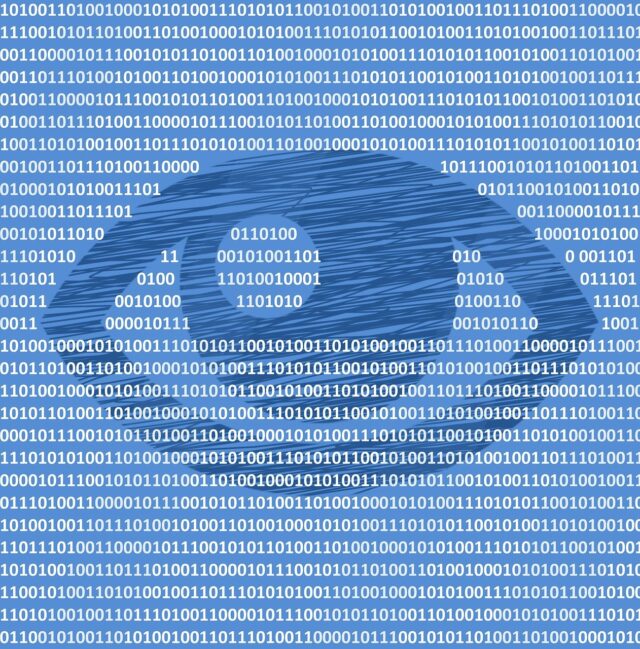Social engineering is a technique used by cybercriminals to manipulate individuals into divulging sensitive information or performing actions that may compromise their security. It involves psychological manipulation and deception to gain access to confidential data or systems.
In the heart of the 21st century, we find ourselves in an era where technology and health have become intertwined in unprecedented ways. The COVID-19 pandemic has accelerated this fusion, pushing us into a new frontier where medical science and digital surveillance intersect. This narrative explores the concept of social engineering implanted through the lens of COVID-19 vaccines, which some believe have been used as a tool to monitor people around the clock.
The story begins in late 2019 when a novel coronavirus, later named SARS-CoV-2, emerged in Wuhan, China. As it spread across the globe, it brought with it a wave of fear and uncertainty. Governments worldwide scrambled to contain the virus, implementing measures such as lockdowns, travel restrictions, and contact tracing. Amidst this chaos, scientists raced against time to develop a vaccine.
By late 2020, several vaccines had been approved for emergency use. These vaccines were hailed as humanity’s best hope against the pandemic. However, alongside this optimism grew a parallel narrative fueled by skepticism and suspicion. This narrative suggested that these vaccines were not just tools for immunization but also instruments for surveillance.
The theory proposed that the COVID-19 vaccines could be used to implant microscopic devices into individuals. These devices would then allegedly enable governments or other entities to monitor people’s movements and activities 24/7. This idea was rooted in existing concerns about privacy erosion in our increasingly digital world.
However, it’s important to note that these claims are not supported by scientific evidence or consensus within the global scientific community. The World Health Organization (WHO), Centers for Disease Control and Prevention (CDC), and other reputable health organizations have repeatedly confirmed that COVID-19 vaccines are safe and effective tools for preventing severe disease.
The vaccines work by teaching our immune systems how to recognize and fight the virus that causes COVID-19. They do not contain microchips or any form of tracking technology. Furthermore, implanting such devices via vaccination would be a significant technological feat beyond our current capabilities.
Despite these facts, the narrative of surveillance through vaccination has gained traction among certain groups. This is largely due to misinformation spread through social media platforms and other digital channels.
This story serves as a stark reminder of how fear and uncertainty can be manipulated to sow doubt and mistrust. It underscores the importance of critical thinking and fact-checking in our information-saturated world.
In conclusion, while we live in an era where technology is increasingly integrated into our lives — sometimes at the expense of privacy — there is no credible evidence to suggest that COVID-19 vaccines are being used as a means of surveillance. As we navigate this new frontier where health meets technology, it’s crucial that we base our understanding on facts rather than fear.
The intersection of health and technology presents both opportunities and challenges. As we continue to explore this terrain, it’s essential that we do so with an informed perspective grounded in science and truth rather than conjecture or misinformation.




